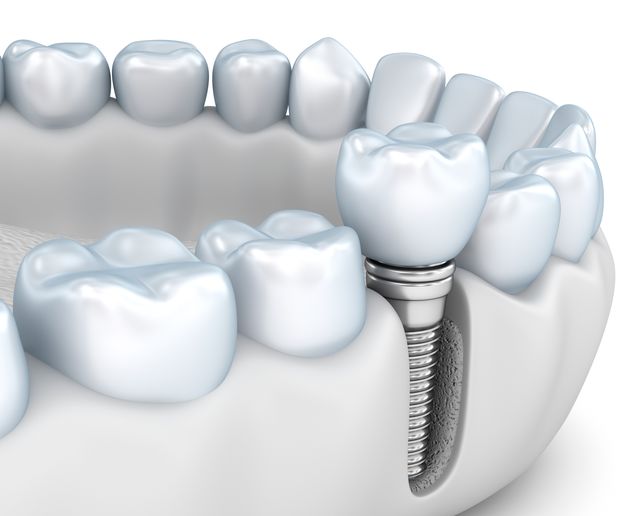A healthy smile features a full set of teeth, and each tooth includes a cusp that sits above the gum tissue and a root that extends below the gums to reach the jaw. As you take care of your teeth, ensuring they look beautiful and remain strong enough to chew and bite successfully, you might not realize you are caring for your jaw too.
If your dental health deteriorates, you could suffer problems with your jaw as well. These issues can become irreversible if you do not seek help from your dentist.
You can protect your jaw and the rest of your smile when you learn how the jaw and teeth relate. Learn details about how teeth can impact the health of your jawbone when you read on.

How Do Teeth Link to Jaw Health?
You might realize that your teeth affect your bite, the way that your teeth press against one another when you close your mouth. Your teeth and your bite will also affect the shape of your face and the appearance of your jaw. But the tooth root that reaches below the gums to the jawbone is just as important.
The root of the tooth serves to stimulate the jawbone, which keeps it strong and stable. Every time you bite or chew, pressure on the tooth extends to this root and therefore the jaw, ensuring the tissue remains intact.
What Happens to the Jaw After Tooth Loss?
If you lose a tooth, you can face many oral health complications, including jaw problems. Missing even one tooth in your smile means the jaw no longer receives enough stimulation. In the absence of the tooth root, the bone in the jaw begins to deteriorate.
As a result, the jaw will appear to shrink, changing the face shape and causing the skin there to sag. The remaining teeth in the mouth may shift out of place or fall out due to these changes in the jaw. You cannot prevent these issues without replacing missing teeth with help from your dentist.
How Can I Preserve Jawbone After Losing a Tooth?
If you want to retain jawbone density and health in the wake of tooth loss, you need to replace the missing teeth both above and below the gumline. Removable dentures only address tooth loss above the gum tissue, but dental implants can provide more comprehensive restoration.
An implant consists of a titanium post anchor that a dentist surgically inserts into the jaw. The anchor fuses with the jawbone to establish a solid foundation that supports the prosthetic teeth of the implant.
The implanted anchor also replaces the missing root of the natural tooth to provide stimulation to the jaw again. This prevents the bone from degenerating so that you can maintain the appearance, health, and function of your smile. Determine your eligibility for this type of tooth replacement by scheduling a consultation with your dentist today.
